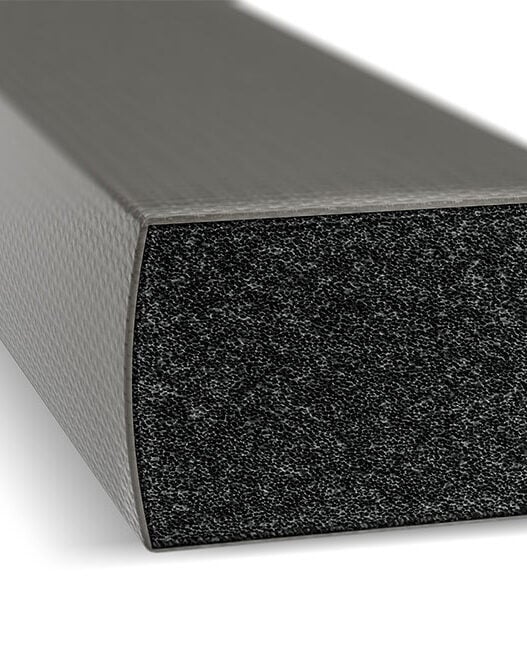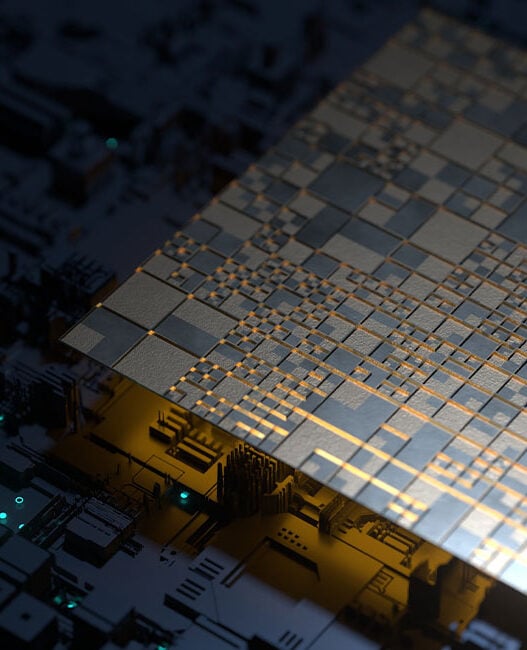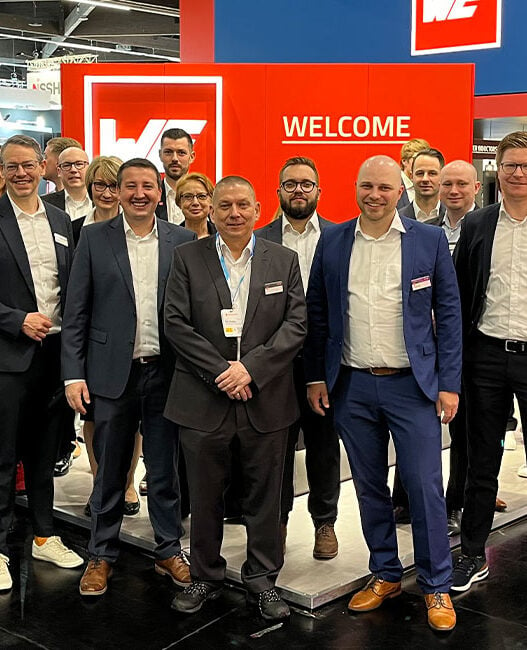This boon is in no small part thanks to Generative AI. It burst into the lives of the masses a few years ago – whether the masses wanted it or not – and it is here to stay.
Tech was stagnant for a while – not because there was no vision, but rather there was no infrastructure in place and so the tech couldn’t match the target.
However, when ChatGPT emerged – giving people more autonomy over their output – it seemed to tip the scales and people started to understand where its value lie. And so did big tech companies.
But now that the technology has finally caught up with the innovation – well, why walk when you can run? Let’s just mind you don’t stumble.
The latest layoffs
Hot off the heels of Amazon CEO Andy Jassy’s recent announcement that layoffs may be around the corner for staff in favour of AI, which came hot off the heels of Microsoft’s other staff layoffs in favour of AI back in May – not to mention the ones in January – Microsoft has now announced more cut backs – 9,000 of them – as part of its ongoing transformation towards AI. For context, that’s 4% of Microsoft’s global workforce gone.
These redundancies are reported to have been made with a view to restructure the organisation, reduce layers of management, and boost operational agility and efficiency.
The affected divisions reportedly include Xbox (video gaming) and King (mobile games studio), and 800 of those positions lost are from people who are located in Microsoft’s home state of Washington, specifically in Redmond and Bellevue.
Reasoning behind the cuts
These layoffs are believed to be part of broader organisational changes that ensure the company remains competitive in a rapidly changing marketplace. They also come after Microsoft Chief Executive Satya Nadella indicated that AI is already very much embedded in Microsoft’s operations, claiming that bots are now responsible for generating up to 30% of the company’s code.
Not only this, but staff are being encouraged – if not expected – to adopt AI tools to enhance their productivity. For example, Julia Liuson, President of Microsoft’s Developer Division, reportedly told managers to assess whether employees were using AI as part of performance reviews.
Microsoft has been refocusing its core business around AI, not just in making investments in data centres and AI-specific chips, (which includes spending £68.6 billion ($80 billion) on data centres to train AI models), but in hiring AI figures like Mustafa Suleyman to head its Microsoft AI division. And let’s not forget that Microsoft is also a major backer and investor in OpenAI.
Wider concerns
If we zoom out a little more, it seems that the chips are stacking up and industry-wide, entry-level job postings – especially in software – have declined. In the UK, The Telegraph reported a one-third drop in entry-level roles since the launch of ChatGPT in November 2022. Github, owned by Microsoft, found that 50% of developers are now using AI-assisted tools. Meta’s Chief Executive, Mark Zuckerberg, also suggested AI could replace the output of mid-level engineers within the year.
I mean, ChatGPT and other tools like it can generate code, write business content, produce visual media – whether it’s good enough is a whole other story … but when you can invest in data centres to train it, well, why trust it to humans?
Although technology leaders argue that AI will ultimately create more jobs than it eliminates, Microsoft’s recent actions suggest otherwise. It seems job displacement is the current trend, particularly in roles that can be partially or fully automated.
My thoughts
I worry that with Microsoft wanting to reduce layers of management, and other companies saying that AI will reduce entry level roles – where is left to go for young engineers? I know there’s a skills gap – but is this how we will fill it?
I think AI is, and should be used as, a great tool – but we need to sometimes stop and ask ourselves, how far are we willing to go? When you start valuing machines over people there is one of two ways things can end: the optimistic way is that, because the human brain is amazing, we will all cozily co-exist with AI and create lovely new ways to live and work together and all will be right with the world; or, people will become fed up with companies putting machines before people and trust in those companies will erode – and they might just need to hire those people back – if they haven’t already found another company that values them for being human.














